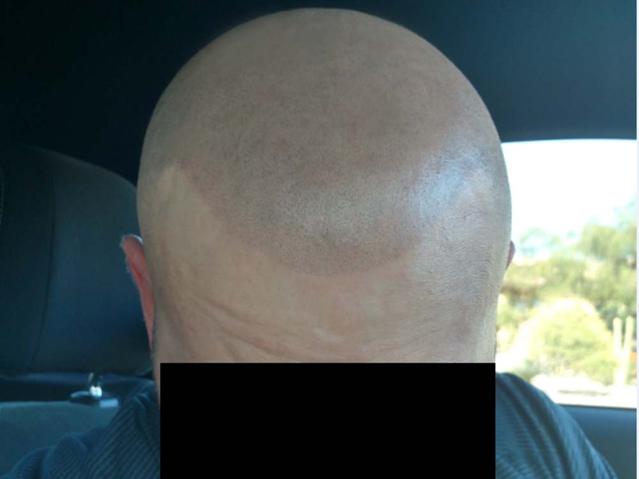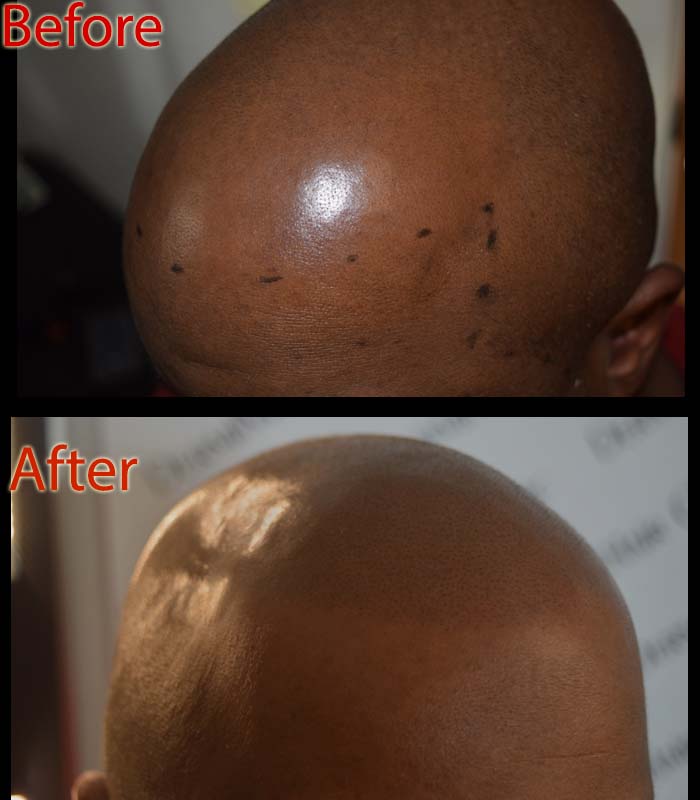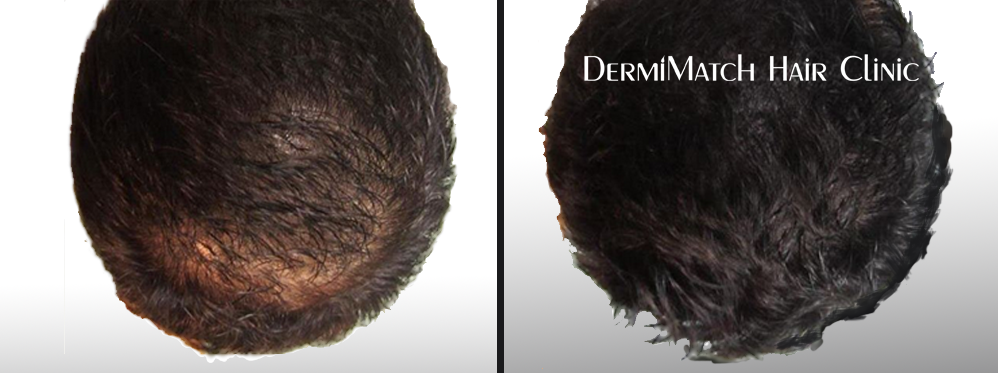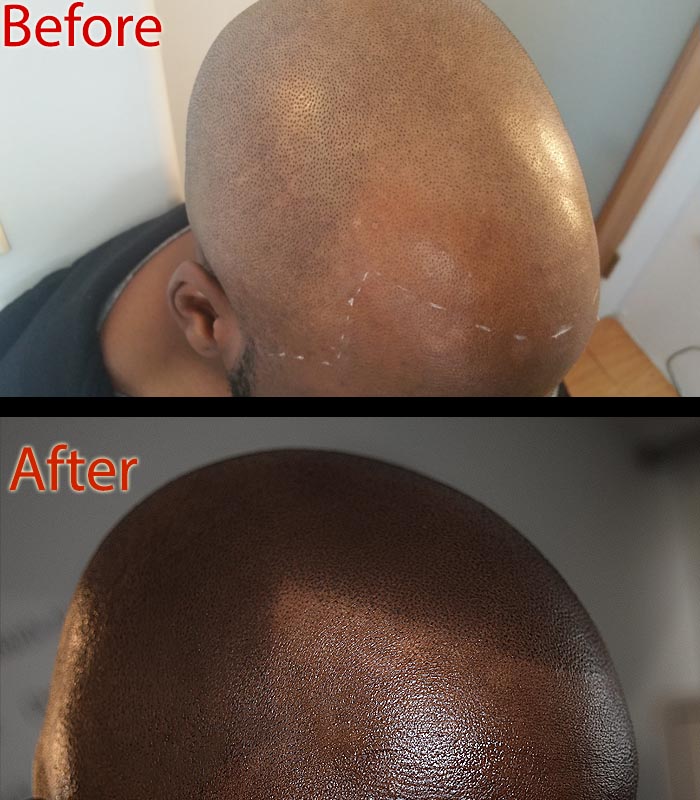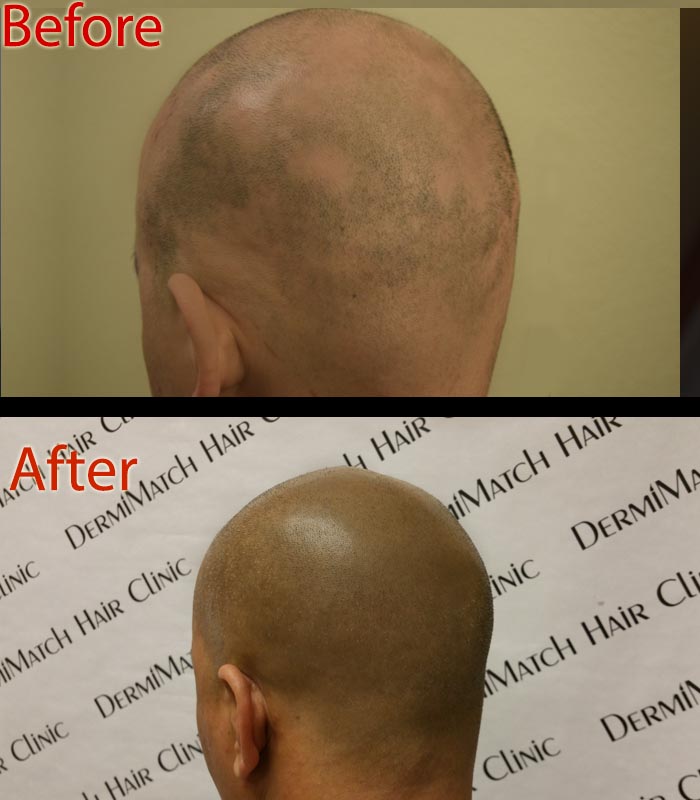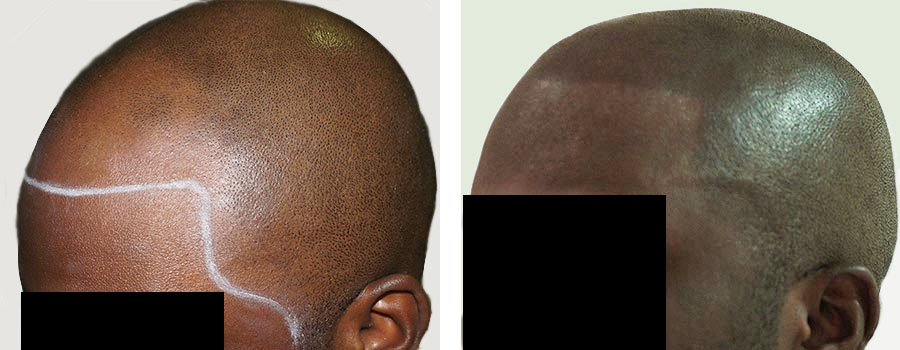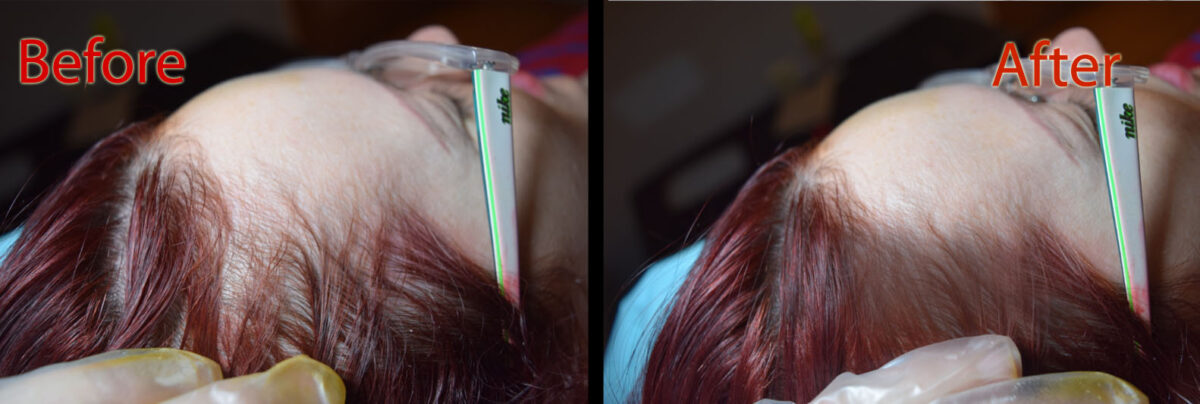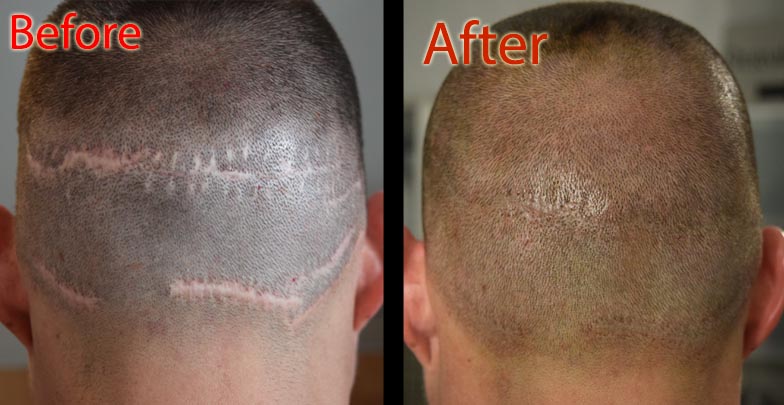Hair loss is a major concern in the United States, with individuals seeking effective treatments and solutions. Recent hair loss treatment trends indicate a growing interest in both traditional and innovative approaches to combat hair loss. Are these options worth it? Let’s explore.
Current Hair Loss Treatment Trends
The hair loss treatment market is experiencing significant growth, driven by an increasing prevalence of hair loss due to genetics, stress, and lifestyle factors. This demand fuels innovation. As a result, technologically advanced solutions, such as laser therapies, are born.
While there’s a growing emphasis on scalp health and microbiome balance, people are more than happy to move toward technologically driven approaches to deal with hair loss problem.
Here are a few hair loss treatment trends:
Minoxidil and Finasteride
These FDA-approved medications continue to be widely used for treating male pattern baldness. Minoxidil is available over-the-counter, while finasteride requires a prescription. Both have shown efficacy in promoting hair regrowth and slowing hair loss.
Platelet-Rich Plasma Therapy
PRP is a procedure that involves injecting concentrated platelets from your blood into the scalp. The goal is to stimulate follicles. Approximately 43.5% of individuals have explored PRP as a treatment option.
Hair Growth Supplements
Supplements containing biotin, vitamins, and minerals are popular among those seeking to improve hair health. Biotin, in particular, is commonly used as a hair growth aid.
Ketoconazole Shampoos as a hair loss treatment trend
Ketoconazole shampoo is popular as a treatment for dandruff and seborrheic dermatitis, conditions that can contribute to hair loss.
Innovative Therapies
Another emerging hair loss treatment trend is around the use of Redensyl as a natural alternative to minoxidil. It is being marketed as a treatment to reactivate dormant follicles. However, its effectiveness is less well-documented compared to minoxidil.
Stress Management
Recognizing the impact of stress on hair loss, there is a growing emphasis on stress-reduction techniques and therapies.
Scalp Micropigmentation as an Alternative Hair Loss Treatment Trend
While numerous treatments exist to combat hair loss, they often require ongoing maintenance. Some may not work for everyone, while others may have potential side effects.
Scalp micropigmentation (SMP) offers a permanent cosmetic solution for those seeking to address hair loss.
SMP involves application of pigment to the scalp. This is no ordinary ink, but specialized pigment designed especially for this procedure to create the illusion of hair follicles and providing a natural-looking, fuller head of hair. Unlike other treatments, SMP requires minimal upkeep and offers immediate, lasting results.
As a result, it is an appealing option for individuals desiring a reliable and aesthetically pleasing solution to hair thinning or baldness.
SMP Skills Matter
Choosing an SMP expert over a tattoo artist ensures optimal results. Experts possess specialized knowledge of scalp anatomy, precise pigment application, and customized treatment plans.
Their skill in creating realistic microdots replicating hair follicles ensures a seamless blend with existing hair. Moreover, trained professionals prioritize safety and hygiene with sterile equipment. SMP offers a cost-effective solution with minimal maintenance. With SMP, you can resume normal activities quickly, offering a more natural and confidence-boosting outcome.
Find the best Arizona SMP artist at DermiMatch Clinic. They are experienced scalp professionals and understand what differentiates SMP from body art. Schedule a consultation today with top scalp micropigmentation Arizona technicians.

